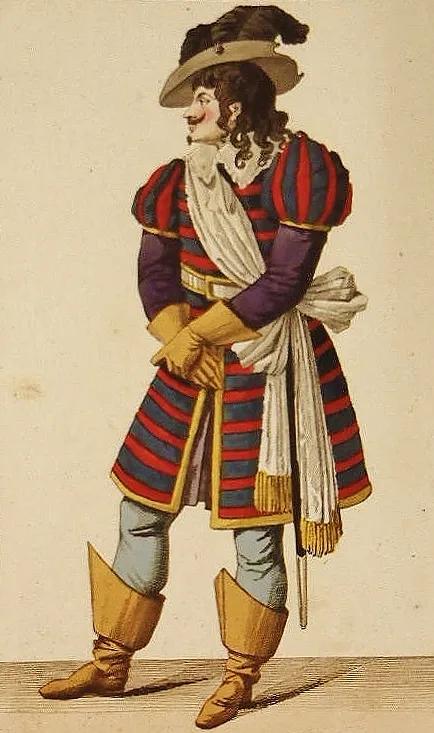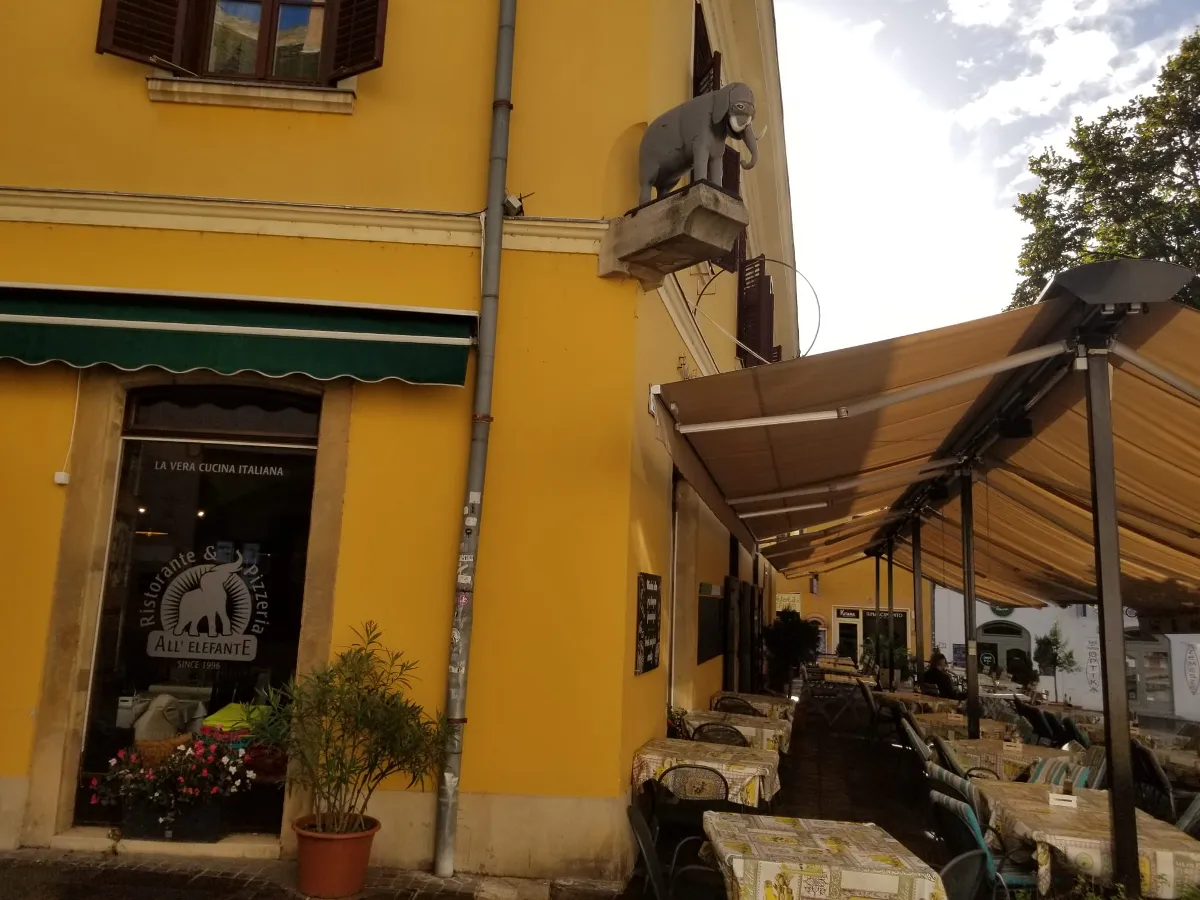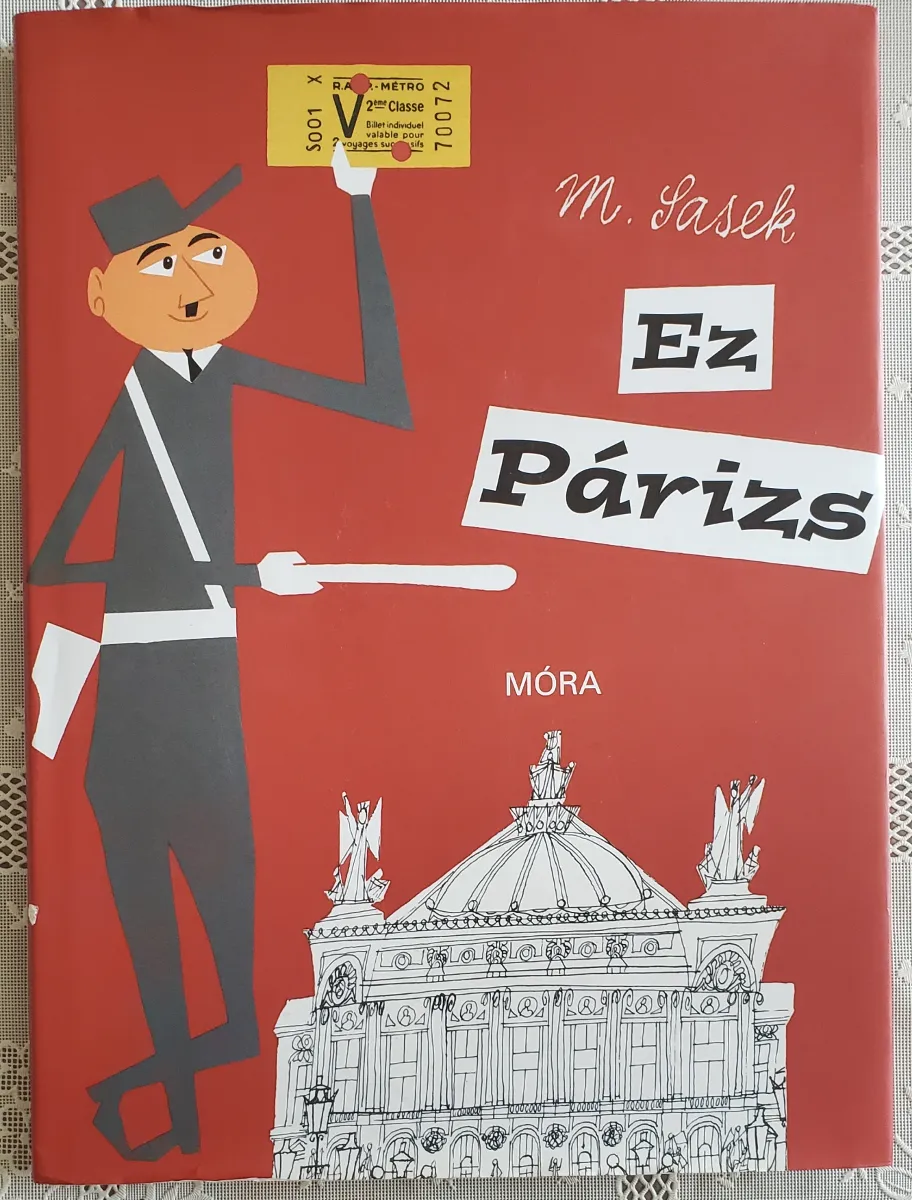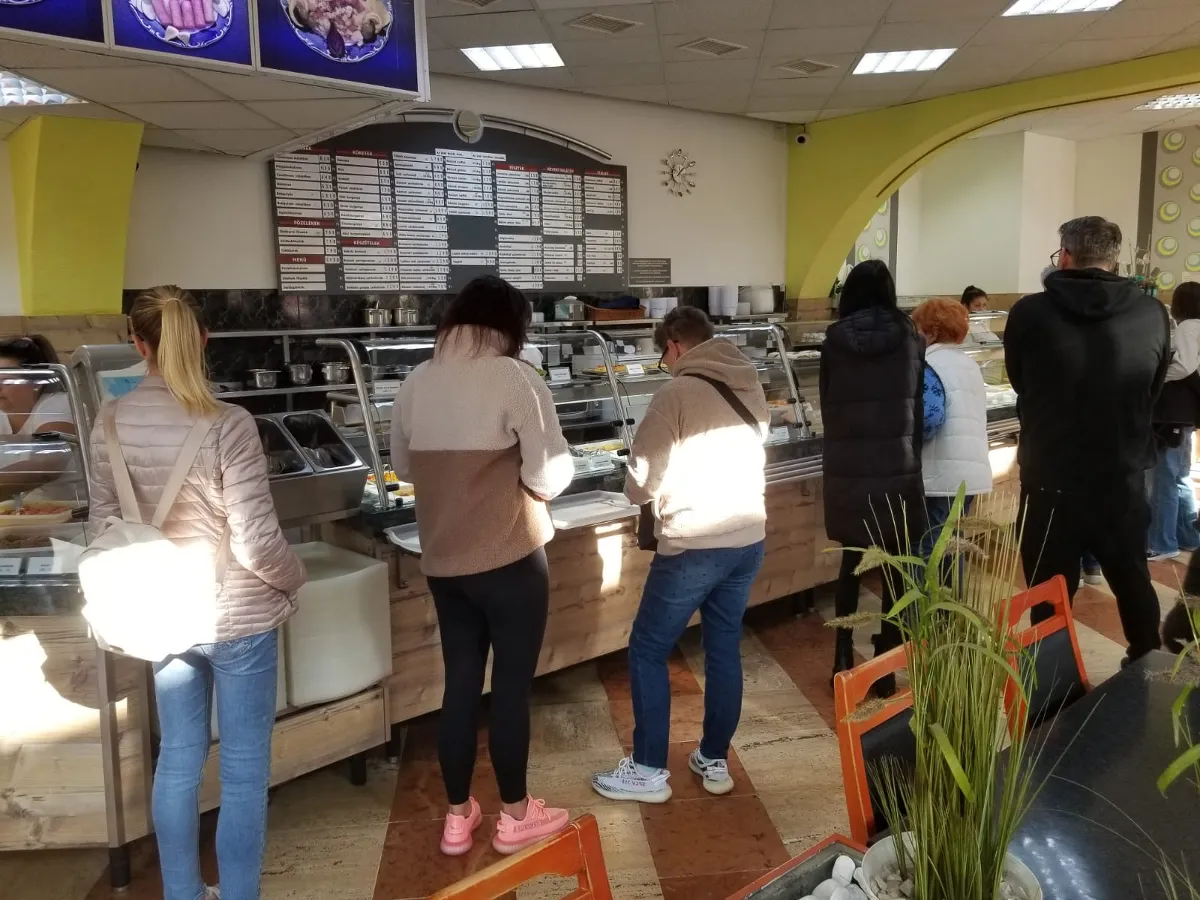JEAN DE CALAIS

Source
In a small room on the ship, two girls, more beautiful than the day, prayed to God and wept like Madeleines.
“Jean of Calais, look. The eldest is approaching eighteen years old. The youngest is not seven.
If soon I don't find a seller at three thousand pistoles per girl, I'll throw them in the water. So much gain for the fish."
"Captain, these two girls are mine. Let's take them to my inn. There, I will count you six thousand pistoles."
"Jean de Calais, I want twelve."
"Captain, what is said is said. Obey, or let's fight."
The pirate captain was afraid. He took the two girls to the inn, where Jean de Calais counted out the six thousand pistoles.
“Captain, that’s more money than you’re worth. Run away, and try not to find yourself in my way again."
Then, Jean de Calais turned towards the eldest daughter:
“Lady, I am in love with you. Speak. At your will, I will take you and your sister back to Lisbon in Portugal, or I will take you to my father's house."
"Jean de Calais, take us to your father's house."
"Young lady, we will leave in three days."
Immediately, Jean de Calais called for the seamstresses and milliners.
“Lady, quickly order everything you need for you and your sister. I still have a thousand pistoles in my purse."
Three days later, Jean de Calais and the two girls left Bordeaux. Three days later, they were at the end of their journey.
“Hello, father."
"Hello, Jean de Calais. You are back soon. Have you made a fortune? Tell me about it."
Jean de Calais obeyed. Until the end, the father listened without saying a word.
“Jean of Calais, you did well. And now, what do you intend to do with these two girls?"
"Father, listen to me. I intend to marry the eldest. I intend to recognize the youngest for my child. If you say no, I'll leave again, and you're done seeing me."
"John of Calais, do as you will. I agree with everything."
"Father, thank you. May the Good Lord reward you."
John of Calais therefore married the eldest of the girls and recognized the youngest as his child. After nine months, his wife gave birth to a beautiful boy. A year later, Jean de Calais' father died.
When the time of mourning was over, Jean de Calais sent for a famous painter.
“Painter, here is gold and silver. Draw a portrait of my wife. Draw a portrait of his sister. Draw a portrait of my child."
A month later, John of Calais was obeyed. Then he had three chests brought to him, the first for linen and clothes, the second for gold and silver, and the third for the three portraits.
“Valets, harness my carriage and load these three chests into it."
This done, Jean de Calais embraced his whole family.
“Farewell, woman. Farewell, my children. I'm going on a big trip. When I return, you will know more. Please think of me. If I can, I will let you know my news."
John of Calais left. Three days later he embarked in Bordeaux. A month later he arrived, with his three chests, in Lisbon, Portugal. There he rented a beautiful lodging, in the city's largest square, just halfway between the King's Louvre of Lisbon, Portugal, and the cathedral. He also rented a beautiful carriage, drawn by four white horses, with a coachman and two lackeys laced with gold.
Source: Jean de Calais, from the French book Contes populaires de la Gascogne, tome 2, published in 1886
Hello, my name is Vincent Celier.

I am writing translations of folk tales that I found in public domain French books, so that people who do not understand French may enjoy them too.

Jean de Calais did the right thing: he bought the two princesses from the pirate captain.
Two years after marrying the eldest princess with whom he had a son, he has an idea and he goes to Lisbon with the paintings of the two princesses and his son.
What do you think is his idea?

This morning, I accompanied Kati to a store that sells used books.
Near the store, she showed me the "Elephant Building", which is somewhat famous in Pécs. It is currently an Italian restaurant.

At the used bookstore, while Kati was shopping, I found an interesting book in Hungarian, "Ez Párizs" (This is Paris). This is the translation in Hungarian, published in 2011, of a book written in 1959 by a Czech guy named Miroslav Šašek, who was living in Paris. I bought the book.

In 1959, I was 10 years old and we were living near Paris in a city called Saint-Ouen. So, the pictures in the book remind me of my childhood.
For lunch, we went to a buffet restaurant called "Xavér Söröző és Gyorsétterem", where we have gone often over the years. I liked this restaurant as it is easy for me to choose vegan dishes.

-- Vincent Celier